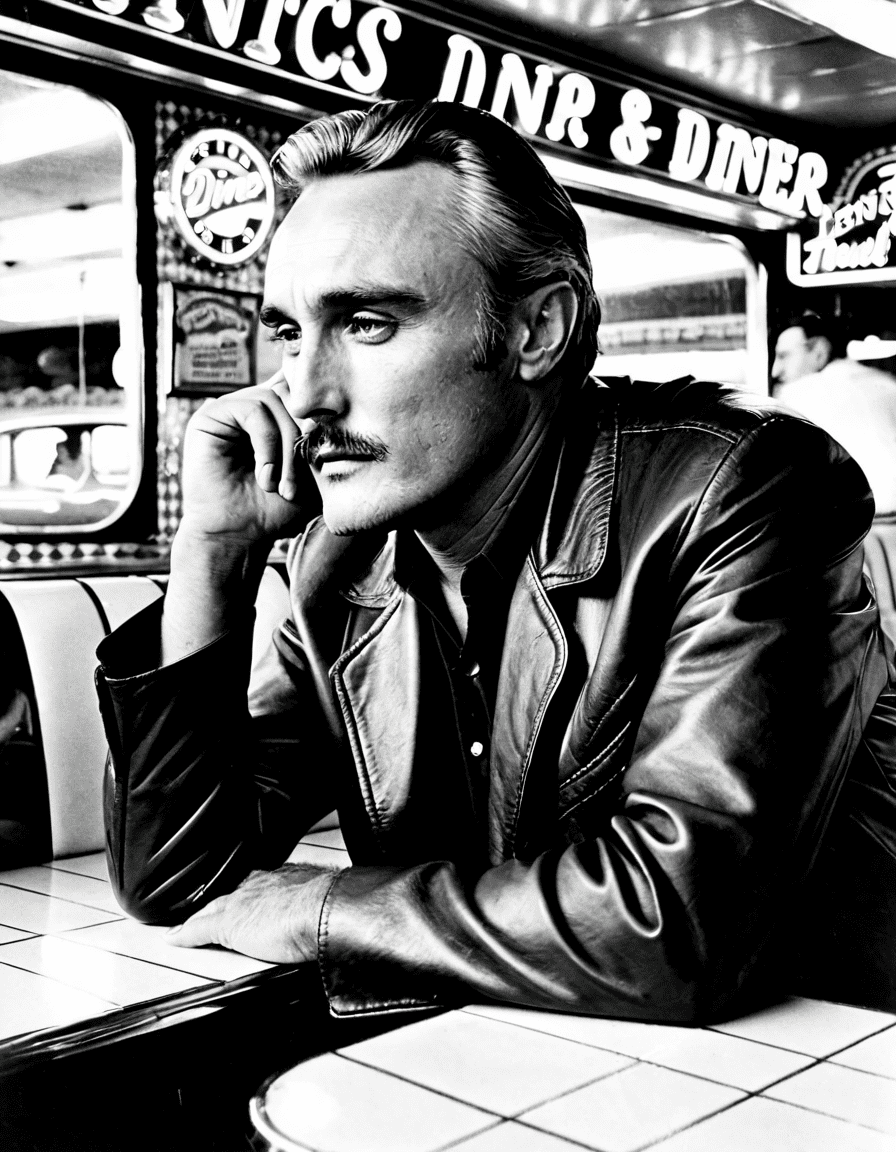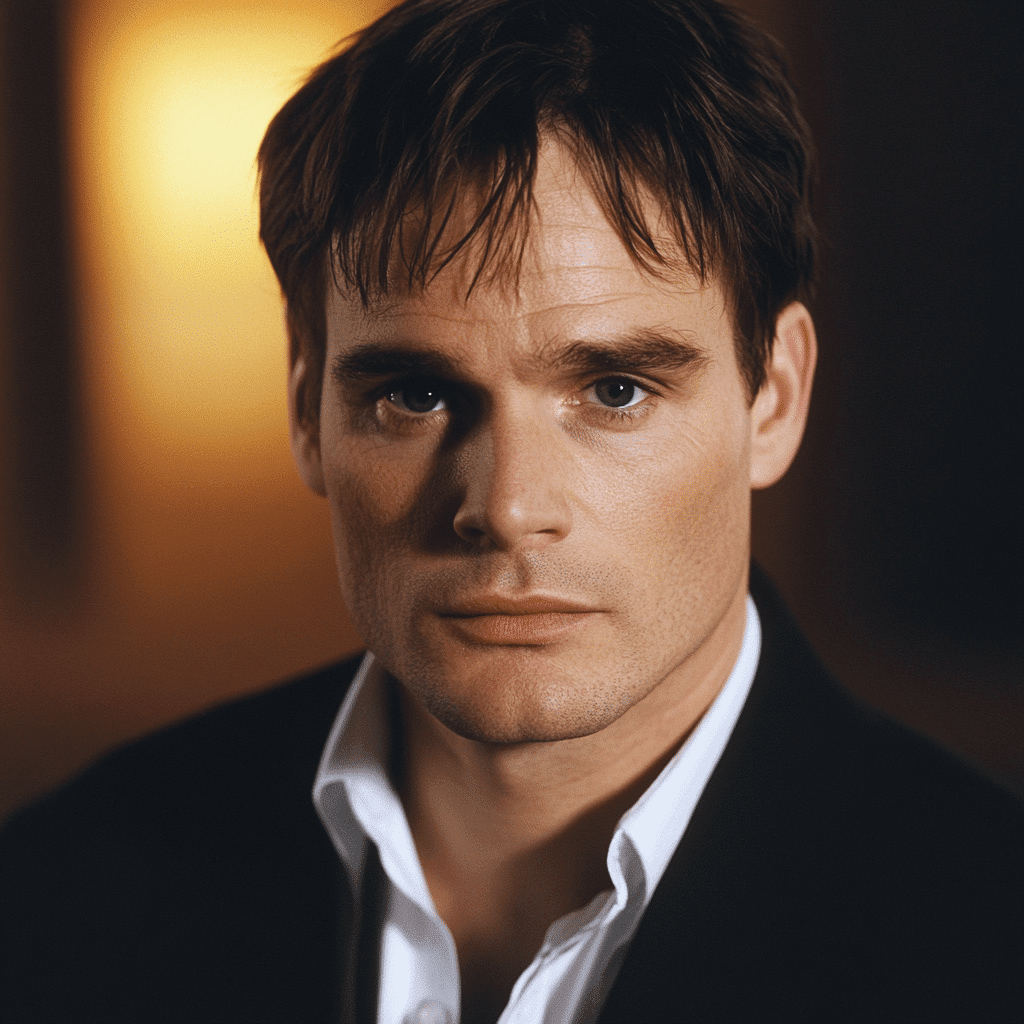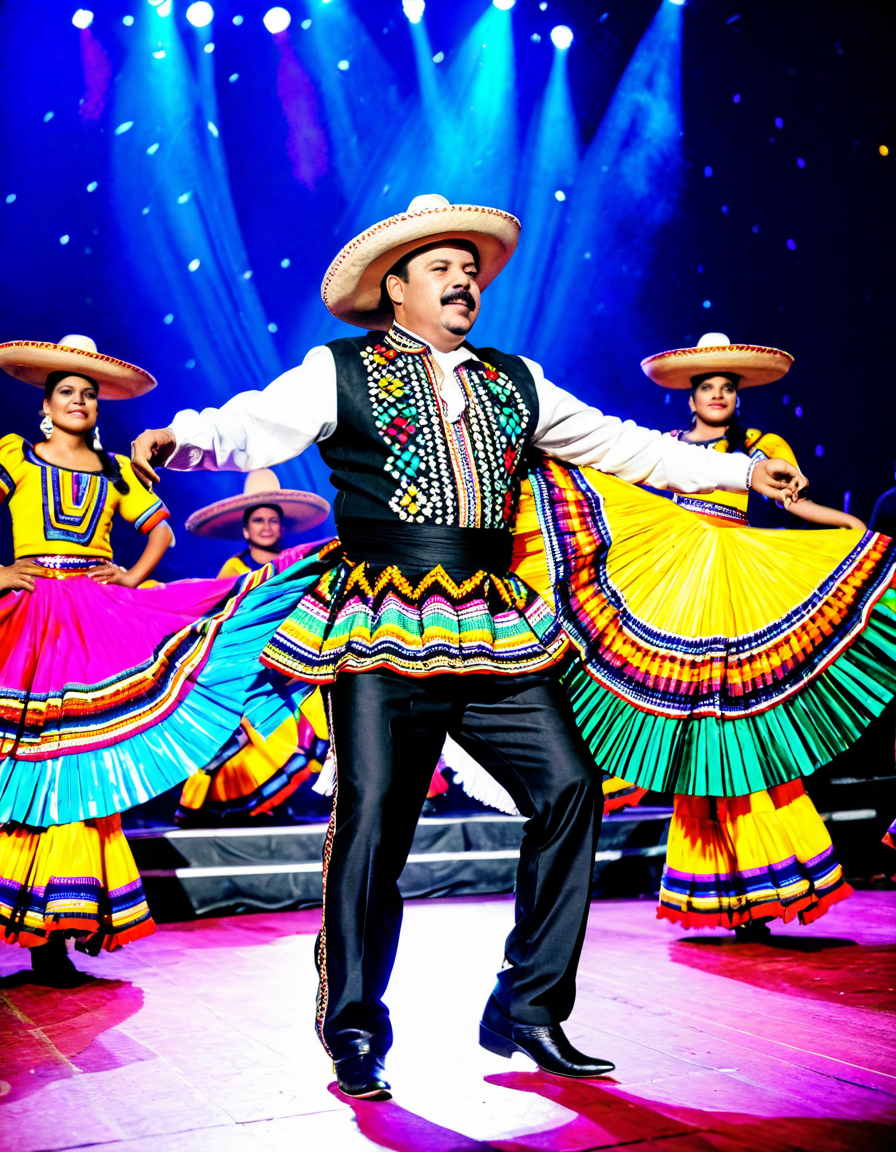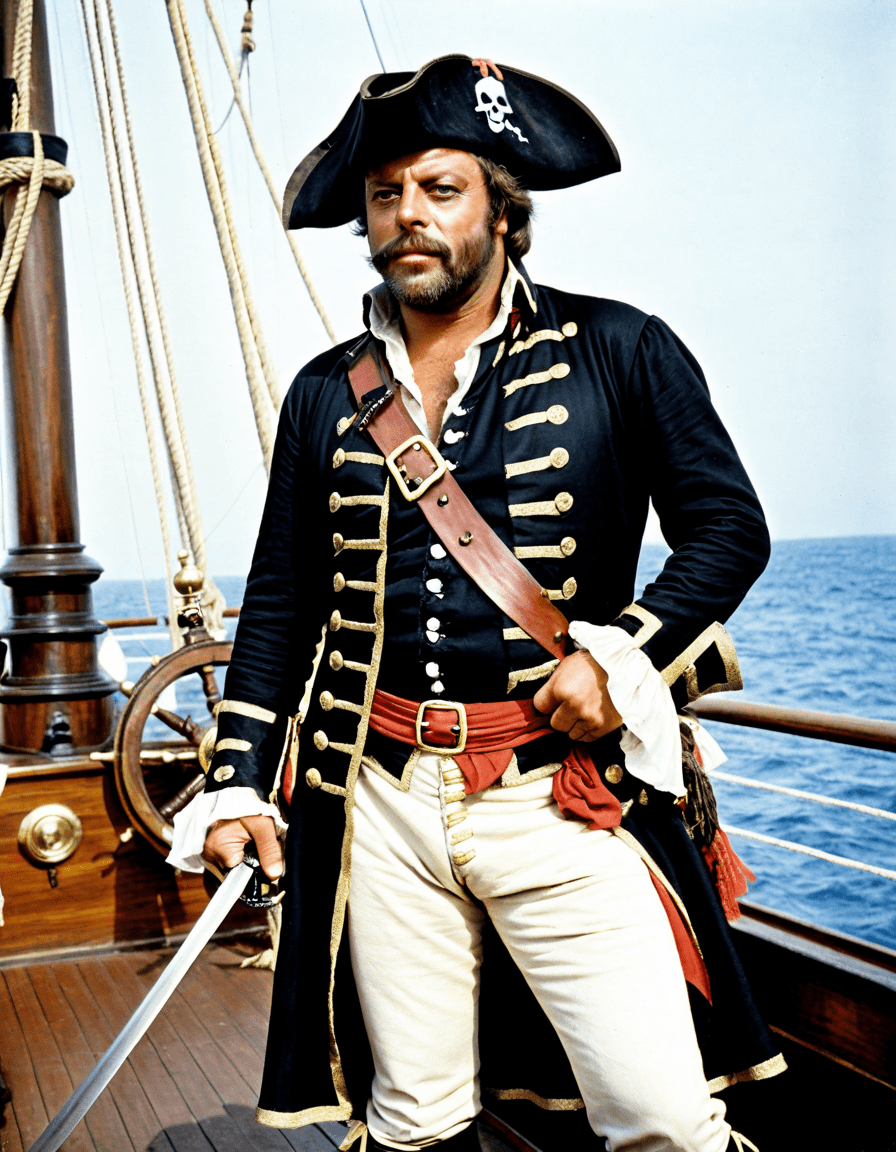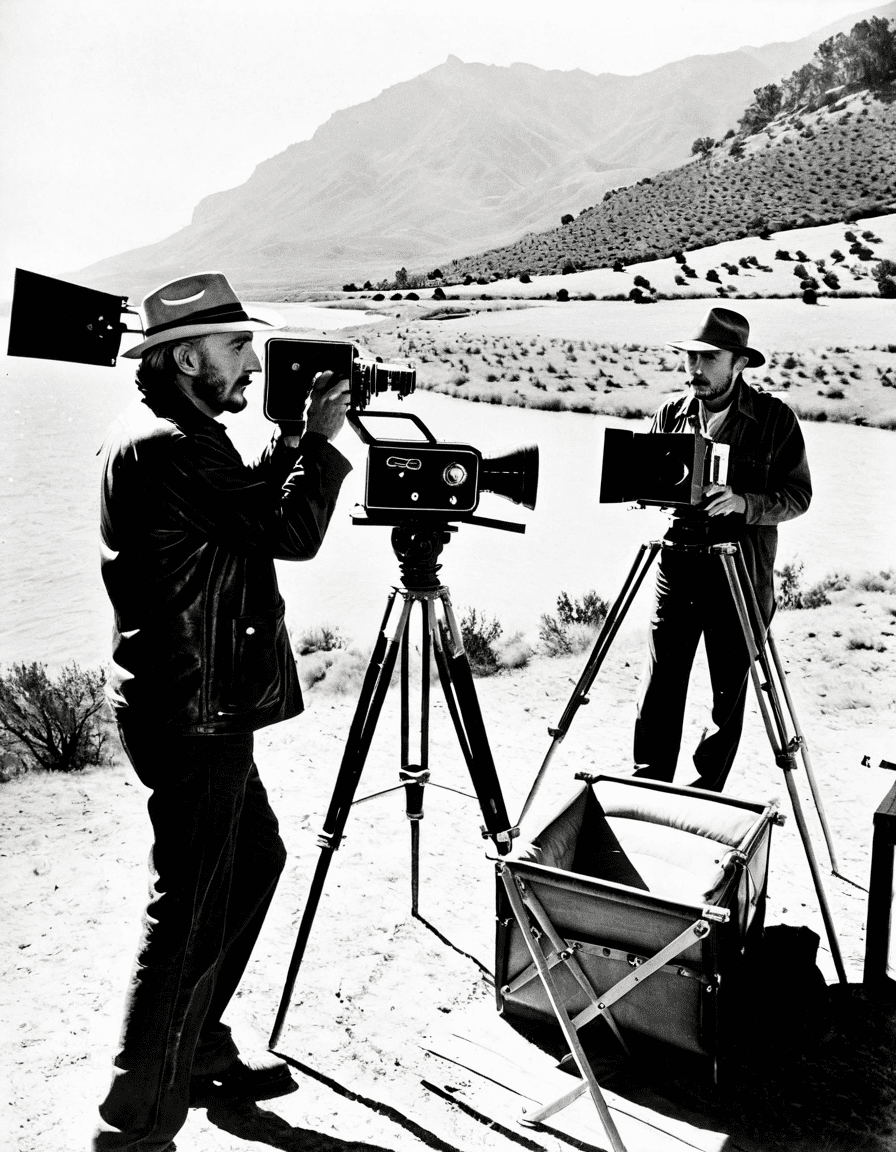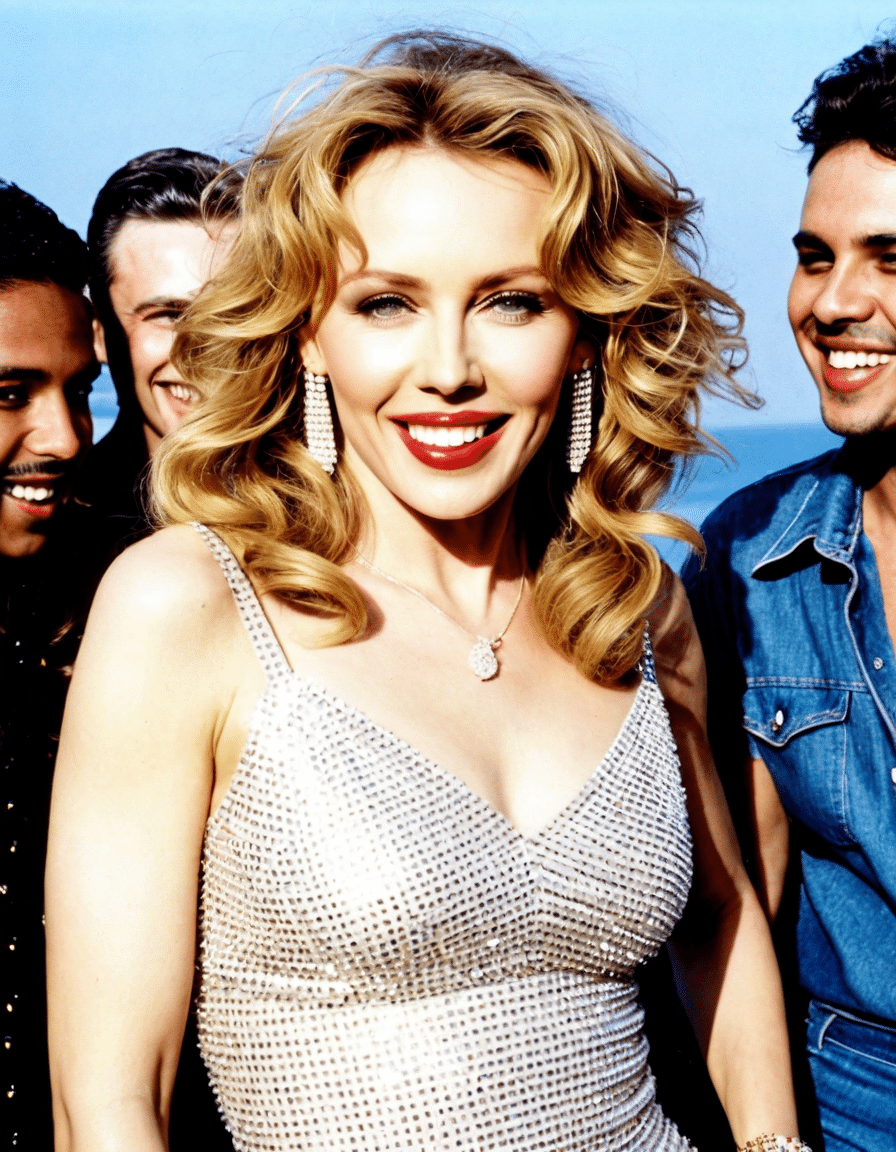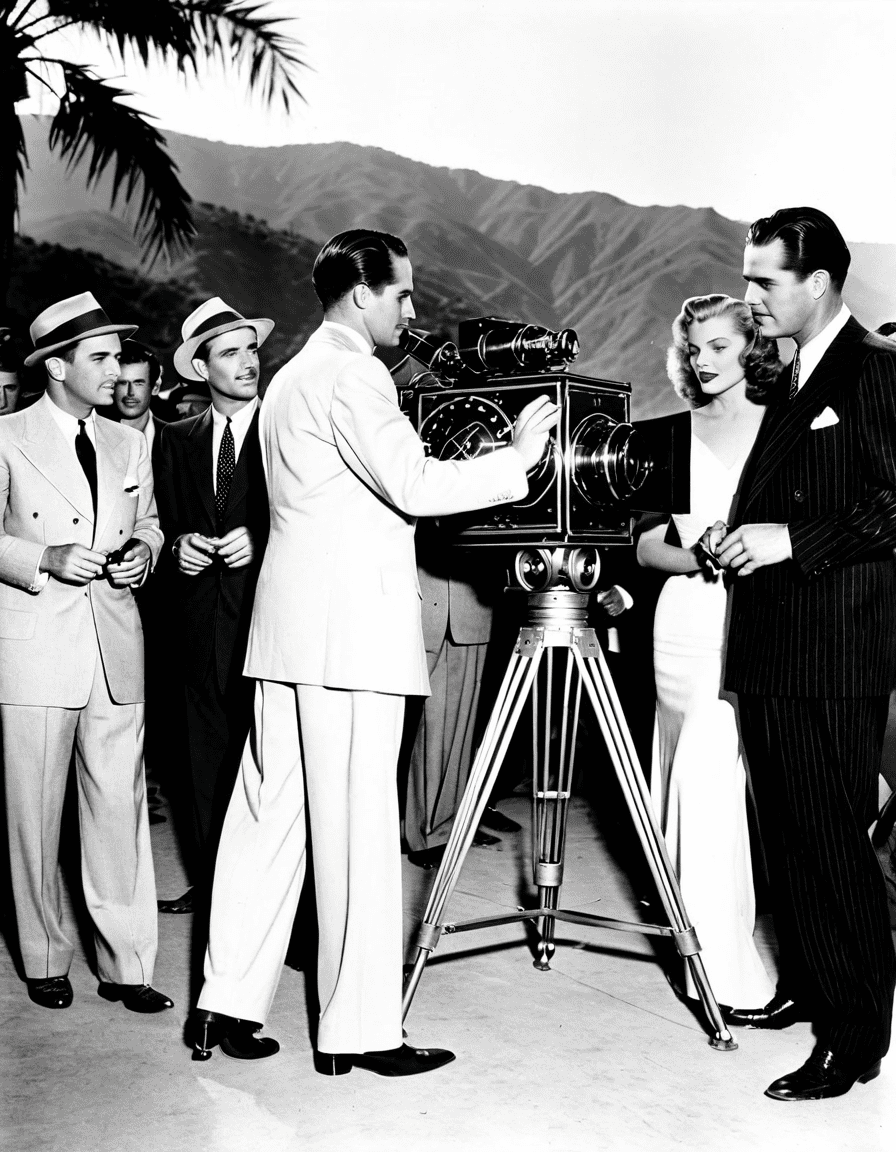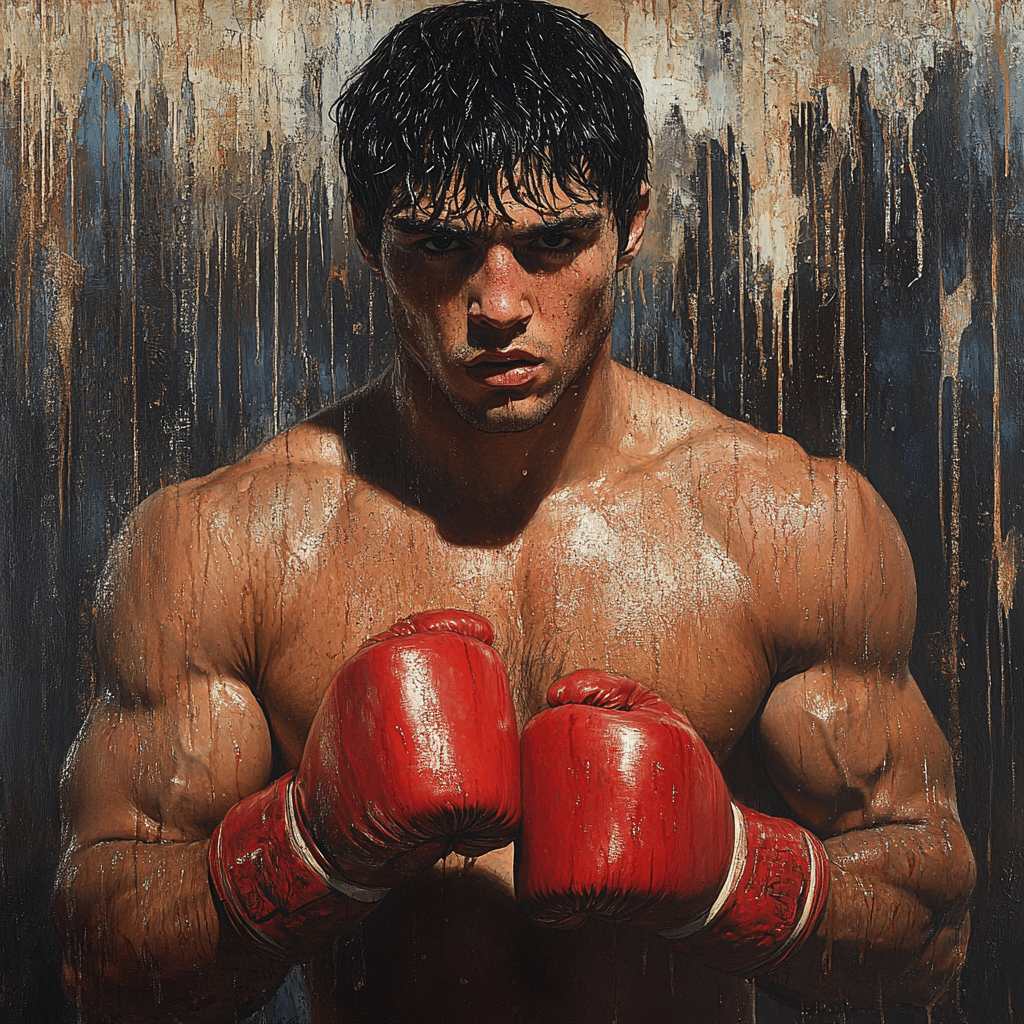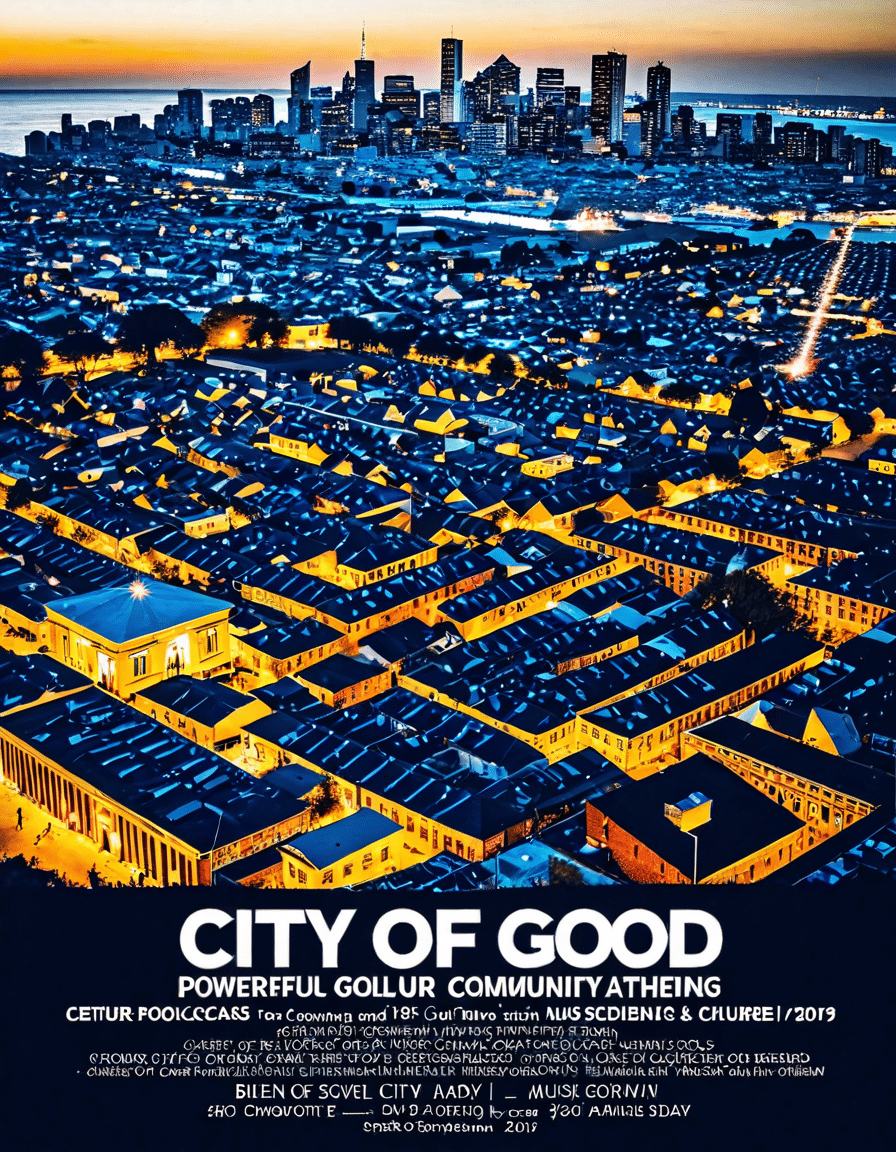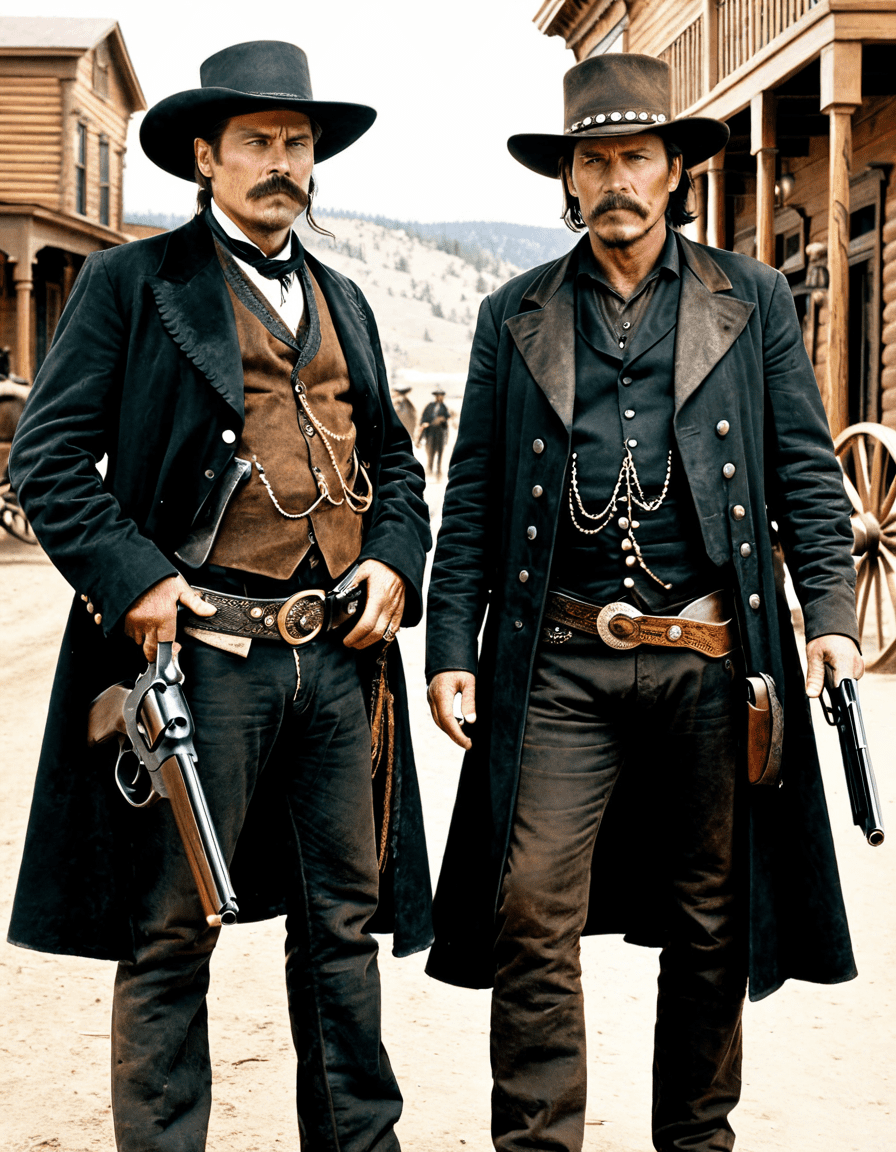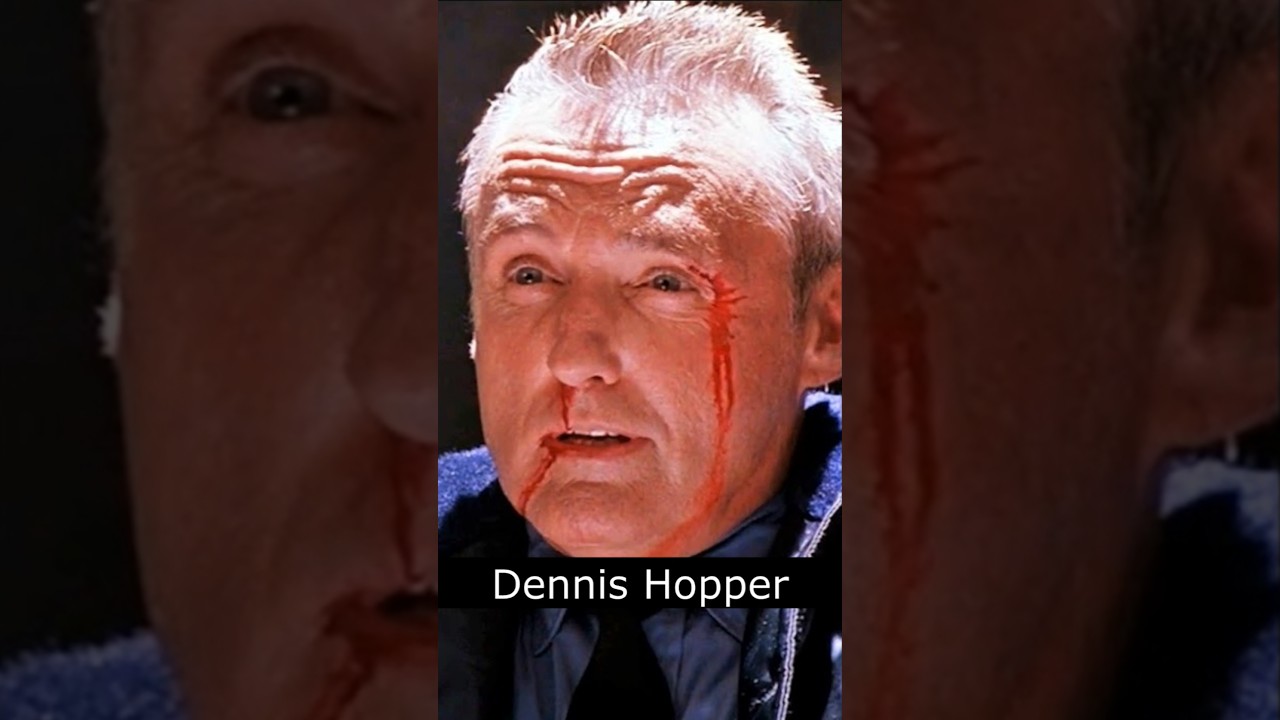
Early Life and the Seeds of Creativity in Dennis Hopper
Dennis Hopper was born on May 17, 1936, in Dodge City, Kansas. He grew up in a family that supported his artistic flair, even though they faced financial challenges. His father worked at the post office while his mother dedicated her time to raising Dennis and his siblings. They nurtured his fascination with art and performance, planting the seeds of creativity early on.
When Hopper’s family moved to San Diego during his teen years, he dove headfirst into acting. He participated in local plays, igniting a passion for filmmaking that would guide his career. It didn’t take long for Hollywood to get a whiff of the talent brewing in this young man, and boy, did he have something to say.
Hopper’s childhood experiences, filled with artistic exploration and performance, would eventually shape the complex characters he portrayed on screen. He was destined for greatness—a popcorn-munching audience favorite who wasn’t afraid to challenge the status quo. Dennis Hopper’s early life wasn’t just about finding himself; it was about preparing to shake up the film industry.
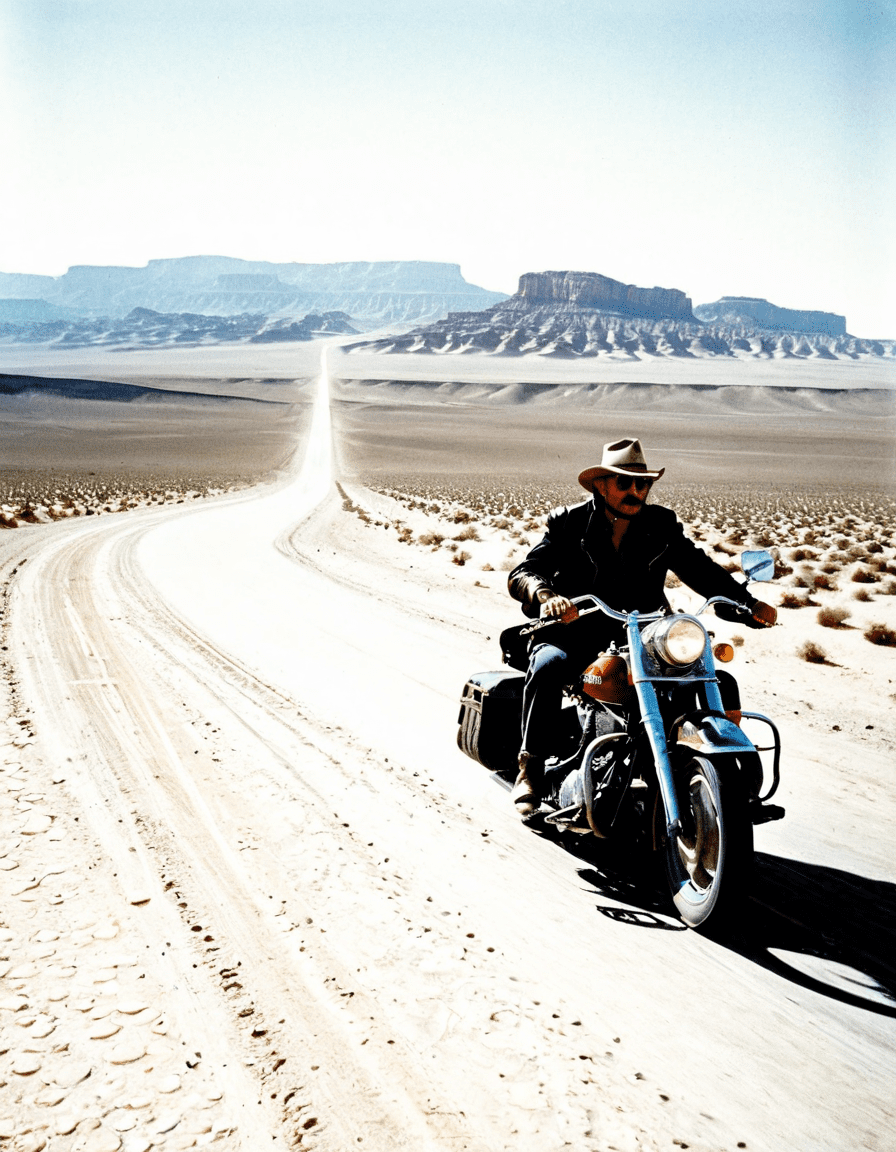
Dennis Hopper’s Rise to Stardom: Key Roles and Notable Films
Hopper’s breakthrough came in 1955 with “Rebel Without a Cause,” where he played a rebellious teen alongside cinema icons like James Dean. This role showcased his ability to delve into complex character dynamics that resonated with the disaffected youth of the 1950s. Talk about an entrance! But it was “Easy Rider” (1969) that truly catapulted his fame. Not only did he star in the film, but he also co-wrote and directed it, solidifying his status as a Hollywood maverick.
Take a peek at some of the notable films that defined Dennis Hopper’s career:
The success of “Easy Rider” not only showcased Hopper’s innovative filmmaking but also resonated deeply with a generation eager for change and independence. This movie became a cultural touchstone, championing anti-establishment sentiments and a rugged sense of freedom that were integral to the hippie movement of the 1960s.
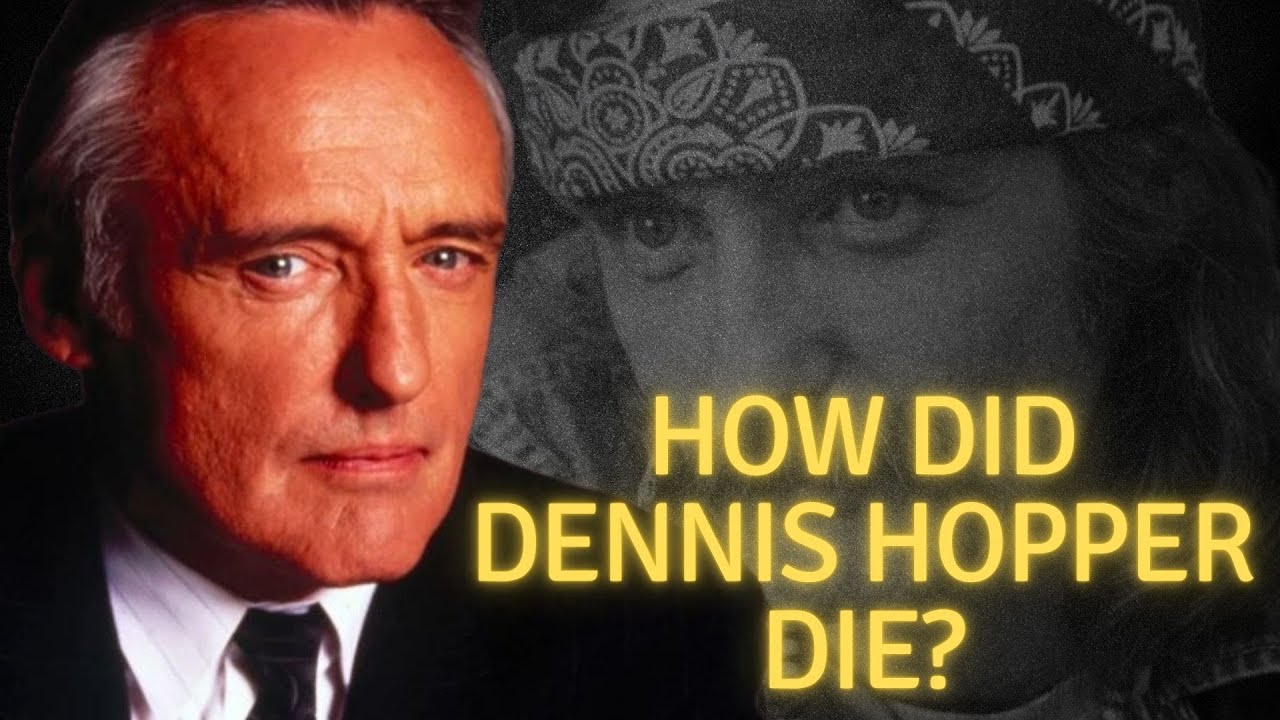
Dennis Hopper’s Directorial Vision: A Maverick’s Approach
As a director, Dennis Hopper was known for his fearless experimentation and blatant disregard for mainstream cinematic rules. In “Easy Rider,” he didn’t just tell a story—he redefined narrative norms. By incorporating surreal elements and a non-linear storytelling style, Hopper was ahead of his time. It’s no wonder his work influenced countless filmmakers who followed.
With films like “The Last Movie,” Hopper challenged conventions and steered film toward avant-garde techniques. Instead of sticking to typical storytelling, he navigated through controversial themes and risky narratives, prompting deeper discussions about representation and identity. His audacious approach laid the groundwork for a generation of filmmakers who perceived storytelling as an art form brimming with endless possibilities.
Hopper didn’t just direct; he blazed trails and opened doors for creative minds who wanted to explore the uncharted territories of cinema. His artistic vision was one marked by authenticity and a relentless pursuit of creativity. When we spot the daring narratives in films today, it’s hard not to see Dennis Hopper’s spirit living on, inspiring the rebels of the modern genre.
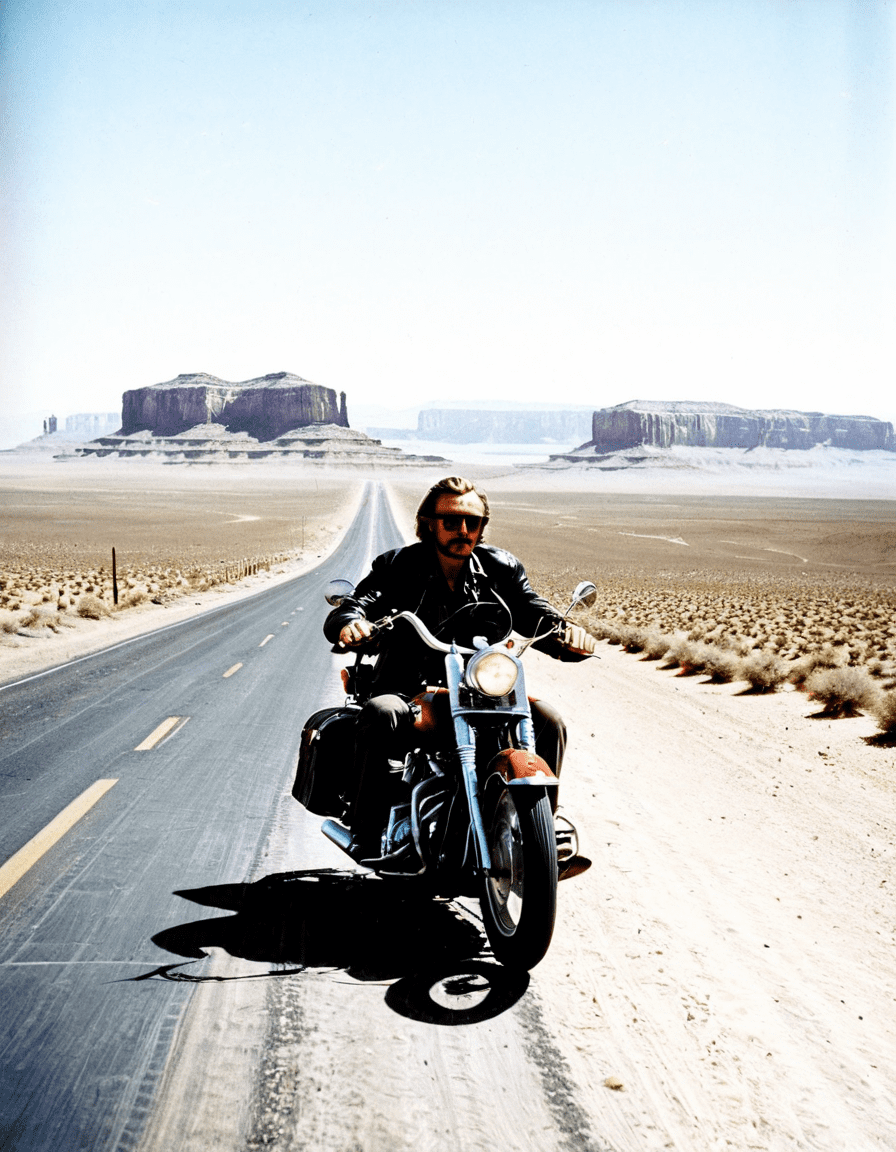
The Personal Struggles Behind Dennis Hopper’s Artistry
Behind the charisma and the accolades lay a personal life fraught with challenges. Dennis Hopper’s struggles with addiction were well-documented, especially his battle with cocaine during the late 1970s and early 1980s. These tumultuous years took a toll on his relationships and his career, highlighting the cost of fame in the film industry. But, in a twist of fate, this adversity colored Hopper’s acting, allowing him to infuse genuine emotional depth into his characters.
His admission to personal demons allowed him to channel emotional turmoil into his performances. Even in his darkest moments, he emerged resilient. Hopper’s journey toward recovery transformed his artistry, offering him a renewed understanding of life and creativity. He became a beacon of hope for others facing similar struggles, demonstrating that art could arise from life’s rough patches.
Hopper’s battles were not just obstacles; they became fundamental elements of his captivating performances. They added layers to the complexity of his characters, making them relatable to audiences who cherished authenticity. Against all odds, Dennis Hopper thrived, using his struggles to fuel a career that resonated with genuine emotion.
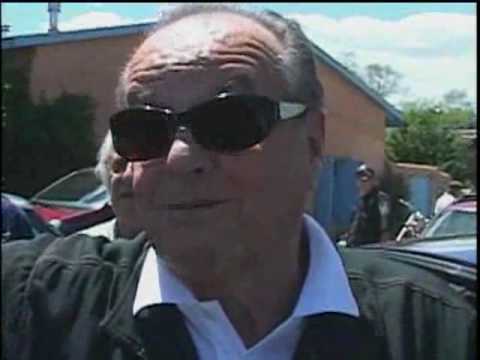
Dennis Hopper’s Legacy in Contemporary Cinema
The mark that Dennis Hopper left on cinema is indelible, influencing a new breed of artists and filmmakers. His unrefined storytelling style has become a template for many, with directors like Quentin Tarantino and David Lynch citing Hopper’s work as a pivotal influence on their own cinematic journeys. His bravado in exploring ethically complex issues set a magnificent precedent for filmmakers today.
The archetype of the “maverick filmmaker” finds its roots in Dennis Hopper’s legacy. In an industry that often favors mainstream success, Hopper embraced his individuality and forged a path for others to follow. He showcased the power of storytelling that focused on identity, morality, and resilience. Today, artists are encouraged to explore personal narratives, often pushing back against commercial fear.
As a true pioneer of American independent cinema, Hopper’s boldness also inspired films that challenge societal norms. His influence continues to ripple through the fabric of contemporary storytelling, urging filmmakers to take risks and delve into their authentic selves. Dennis Hopper’s legacy ensures that creative exploration remains a valued pursuit in today’s cinematic landscape.
Reflecting on Dennis Hopper’s Enduring Influence
Dennis Hopper was no ordinary actor; he was a whirlwind of creativity and an unstoppable force in American cinema. His ability to traverse genres, merge art with activism, and celebrate the unconventional makes his journey a powerful testament to the strength of creative resilience. From the rebellious youth in “Rebel Without a Cause” to the groundbreaking filmmaker behind “Easy Rider,” his contributions are timeless.
Hopper stood tall as not just a participant but a transformative figure who challenged norms and reshaped the filmmaking landscape. His raw, unfiltered style encouraged future generations to explore stories that matter. Even today, filmmakers are encouraged to embrace their inner mavericks, proving that creativity knows no bounds.
In reflecting on his legacy, it’s essential to recognize that Dennis Hopper’s spirit lives on in the hearts of those who dare to tell stories that question the status quo. He painted a cinematic landscape filled with colors of rebellion, introspection, and the unsung heroism of vulnerability. As we celebrate his life, we remember not only an actor and director but a revolutionary spirit that changed the course of film history.
So, here’s raising a glass to the man who said “It’s not about the destination; it’s about the ride.” Thanks for riding with us, Dennis. The cinema world is grateful for every twist and turn you took.
Dennis Hopper: A Maverick Actor and Filmmaker’s Journey
The Early Days and Influences
Dennis Hopper’s journey began on May 17, 1936, in Dodge City, Kansas. Early in his career, he caught the eye of cinema legends, including Howard Hughes, who was known for his eccentric personality and creative genius. Hopper’s interactions with influential figures molded his approach to filmmaking and acting. Before he exploded onto the scene with films like “Easy Rider, he honed his craft by taking on roles that challenged the status quo. Just like the eclectic vibe of the Tiki Tiki, Hopper’s style was all about breaking boundaries and cultivating a unique blend of artistry.
Iconic Collaborations
Throughout his career, Dennis Hopper teamed up with generations of talent, leaving a mark that’s hard to forget. He starred alongside up-and-coming actors such as Storm Reid, showcasing their talents on the big screen. Hopper also had memorable moments during interviews, often making headlines with his candid remarks, reminiscent of the legendary Larry King. He was a man who spoke his mind, inviting admiration and criticism alike, just like G Eazys bold music style that pushes limits in the current landscape.
Life Beyond the Camera
Hopper’s influence extended beyond just acting; he was a controversial figure in Hollywood, crafting a legacy that still sparks debates today. Fun fact: Hopper was also a huge fan of diners, frequently visiting places like the Marietta Diner, where he enjoyed chatting with fans and sharing stories. He embodied the spirit of adventure, much like the “Karate Kid 2 Cast, who embraced their roles with passion and dedication. Dennis Hopper truly straddled the line between art and life, making a lasting impact with every role he took on.
